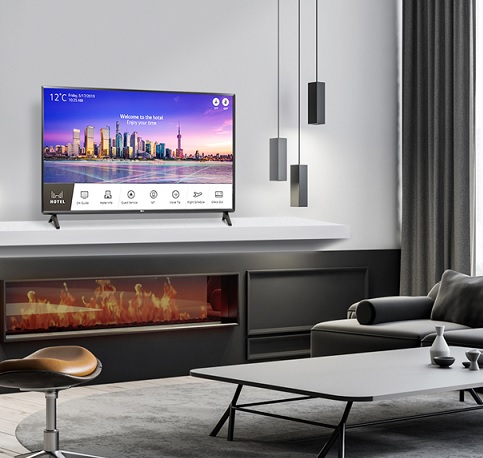Intelligence Ignites the Journey, Collaboration Shapes the Future. Dingshengwei 2025 Salon Events: Nanning(26th Stop) Concluded Successfully
The 26th stop of Dingshengwei's 2025 Theme Salon was successfully concluded in Nanning. System integrators and engineers from the local and surrounding areas gathered together in a relaxed yet professional atmosphere to discuss the development direction of hotel weak current engineering. They also listened to Dingshengwei's 25 years of industry expertise and the core value of its current integrated solutions. When it comes to Dingshengwei, its 25-year journey in the industry is an essential backdrop. Starting with a focus on television systems, the company has continuously deepened its expertise in IPTV, cable TV systems, digital TV systems, and satellite TV systems. Through its dedication to technology and keen insight into market demands, it has steadily established a firm foothold in the industry. As Dingshengwei engaged more deeply with hotel projects, it accumulated extensive industry experience and increasingly recognized the pain points in the hotel weak current sector—independent systems, cumbersome operations, complex and costly engineering deployment, and the difficulty in efficiently meeting the personalized needs of hotels. Based on these observations, Dingshengwei gradually expanded its business scope, eventually evolving into a specialized provider of integrated solutions covering television, telephone, network, guest control, and broadcast systems, offering more comprehensive and suitable solutions for hotel weak current engineering. At the salon, Mr. Han, General Manager of Dingshengwei, focused his presentation on the core advantages of the "1+3+6+N" integrated solution in hotel weak current projects. He mentioned that the design intention of this solution was to address the long-standing pain points in the industry, benefiting various stakeholders. For hotel operators, the greatest value of the solution lies in its "unified" approach—integrating previously separate systems into a single management platform. This eliminates the need to switch between different systems, significantly simplifying daily operations. Even staff unfamiliar with complex technology can quickly adapt, thereby improving daily operational efficiency. For engineers and integrators, the convenience of the solution is reflected in deployment and cost control. In traditional hotel weak current projects, different systems come from different manufacturers, requiring repeated coordination during deployment to ensure compatibility. This not only complicates the process but also often leads to project delays due to compatibility issues. The "1+3+6+N" integrated solution reduces this complexity at the source. The systems are designed with synergy in mind, making the deployment process smoother and more cost-effective. More importantly, the solution supports full-system customization, allowing adjustments based on the hotel's positioning, style, and specific needs. Whether it's a business hotel requiring enhanced stability in network and telephone systems or a r...







